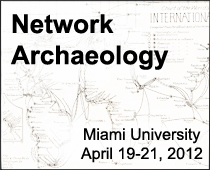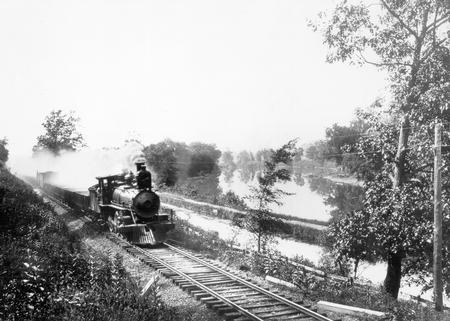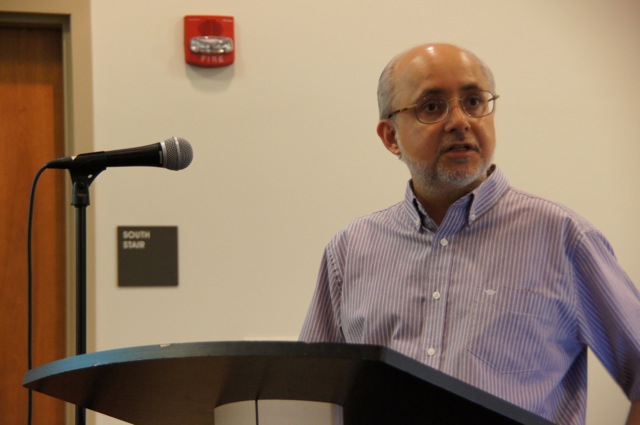Presentation by Harmeet Sawhney (Department of Telecommunications, Indiana University, Bloomington), Venkata Ratnadeep Suri (Department of Telecommunications, Indiana University, Bloomington), and Hyangsun Lee (Research Fellow, Office of Planning and Management, Korea Communications Standards Commission, Seoul, Korea).
The Interstate Commerce Act developed for regulating the railroads has continued to influence the development of the legal framework for all the subsequent network technologies — petroleum pipelines, trucking, civil aviation, and telecommunications, among other technologies. Here metaphors were effective vehicles for the transfer of conceptual frameworks from one technology to another because they were all point-to-point networks for the movement of materials and information from one point to another. We focus on a case where this process of transferring metaphors from one technology to another broke down — the case of radio. The development of broadcasting created what we call a “metaphor vacuum,” as there were no readily available metaphors to think about the new technology. We are interested in understanding how the legal system dealt with the central problematic of the “metaphor vacuum.” Here, on the one hand, there was a radically new technology for which no clear precedent was available. On the other hand, the case law could not proceed without a precedent. One way this tension could be resolved was by taking an established metaphor and stretching it and that was what was done in the case of radio, as the concept of Public Interest Convenience and Necessity (PICON) from the world of railroads was stretched to generate for a framework for regulation of radio. We examine how this stretching process works.
Harmeet Sawhney is Professor and Director of Graduate Studies in the Department of Telecommunications at Indiana University, Bloomington. His research interests focus on how telecommunications networks are envisioned and created. His research articles appear in Telecommunications Policy; Journal of Broadcasting & Electronic Media; Media, Culture, & Society; Info; Prometheus; Entrepreneurship & Regional Development; Communication Monographs; Annual Review of Information Science & Technology; Science Technology & Society; European Journal of Legal Studies, The Information Society and book chapters in edited volumes. He has been visiting faculty at University of Michigan, London School of Economics, and Stanhope Center for Communications Policy Research, London. He is currently serving as the Editor-in-Chief of The Information Society.
Venkata Ratnadeep Suri is a doctoral student in the Department of Telecommunications, Indiana University, Bloomington, USA. His academic background includes: MA in Mass Communications and Development, University of Hyderabad, India; M.A., Communication, Western Michigan University, Kalamazoo, Michigan. His research interests include new communication technologies (ICTs), and the role and use of ICTs in development.
Hyangsun Lee is Research Fellow at Office of Planning and Management, Korea Communications Standards Commission, Seoul, Korea. She completed her doctoral studies in 2008 at the Department of Telecommunications, Indiana University, Bloomington, USA. Her prior academic background includes: BA in English Literature & Linguistics, Korea University; MA in Telecommunications, Indiana University. Her research interests focus on technology and law.




